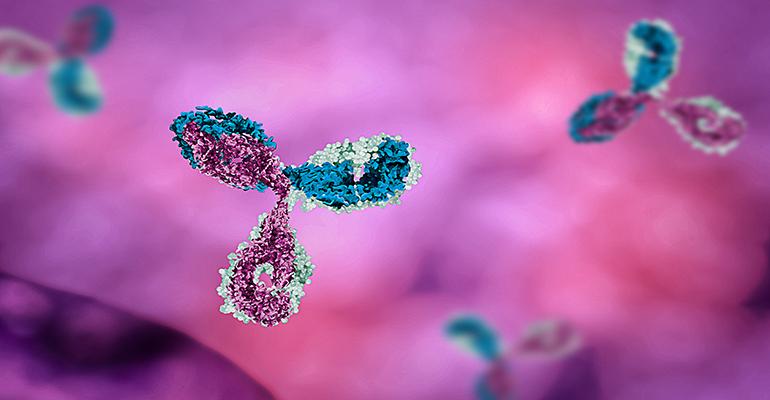Recently, Mayo Clinic researchers reported that the combination of casirivimab and imdevimab, two monoclonal antibody treatments under the U.S. Food and Drug Administration emergency use authorisation, keep high-risk patients out of the hospital when infected with mild to moderate COVID-19.
Nearly 1,400 Mayo Clinic patients were enrolled in the study. 696 patients received the drug combo between Dec 2020 and early April and an equally matched cohort who did not receive it. Their status was evaluated at 14, 21 and 28 days after treatment. At each point, the numbers for hospitalisation were lower in the treated group.
At Day 14, 1.3 per cent of the treated group was in the hospital, compared to 3.3 per cent of those who had not been treated. At Day 21, only 1.3 per cent treated was hospitalised, compared to 4.2 per cent of those who had not been treated. At the end of 28 days, 1.6 per cent of those treated was hospitalised versus 4.8 per cent of those who had not been treated. This translated to a 60 –70 per cent relative reduction in hospitalisation among treated patients. Of those who were subsequently hospitalised, the rates of ICU admission and mortality were low.
To learn more about these findings, we spoke with Raymund Razonable, M.D., a Mayo Clinic infectious diseases specialist and senior author of the study. Excerpts.
What are monoclonal antibodies? How can they help treat COVID-19?
Monoclonal antibodies are proteins that are made in the laboratory to provide immediate immune protection against COVID-19. The monoclonal antibody proteins bind to the SARS-CoV-2, preventing the virus from entering the cells.
Is a treatment for COVID-19 as important as developing a vaccine?
Vaccination is still the most important measure to prevent COVID-19. Monoclonal antibodies are given to patients who are already infected in order to prevent them from developing severe disease. Therefore, preventing infection through vaccination is a better strategy to avoid COVID-19.

Dr Raymund Razonable
Are there any treatments that have successfully been developed that can help prior to hospitalisation?
Monoclonal antibodies are the treatments that are given in the outpatients before patients need hospitalisation. They are intended to treat patients with mild to moderate COVID-19, prevent them from getting a severe illness, and avoid hospitalisation. The treatments are given by intravenous infusion, or less preferred is by subcutaneous injection. Monoclonal antibodies are highly effective in treating mild to moderate COVID-19. However, they have to be given early after the onset of symptoms. Patients should not wait too long until they are too sick to get the drug. Once the patients develop severe disease, then monoclonal antibodies may no longer work for them.
This article appears in the latest issue of Omnia Health Magazine. Read the full issue online today.

